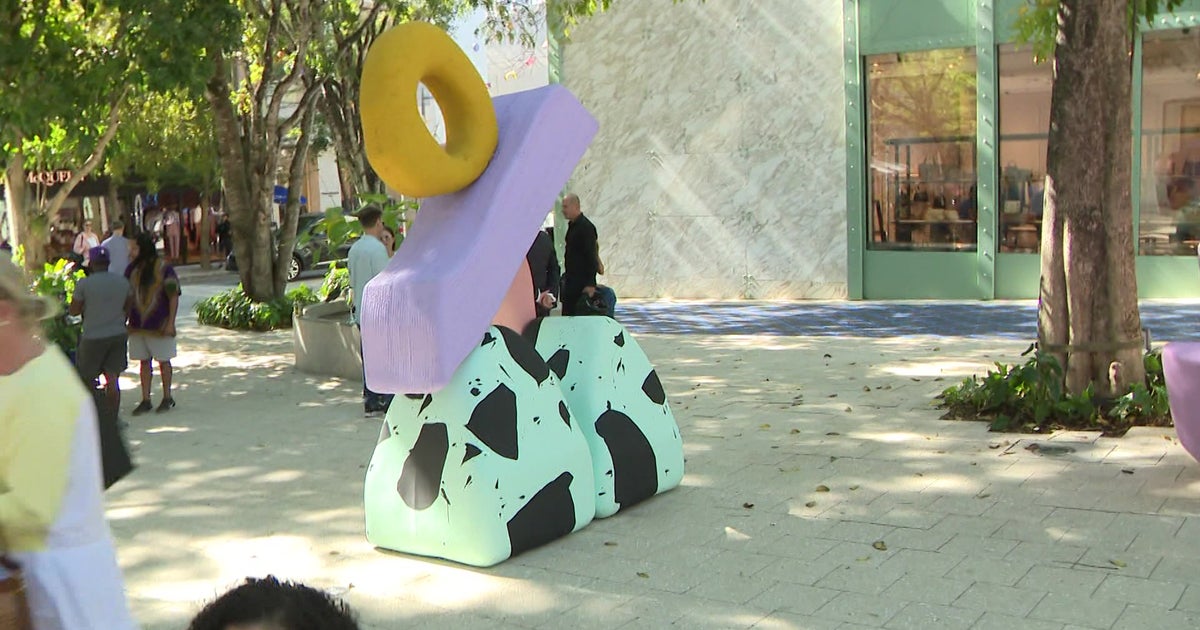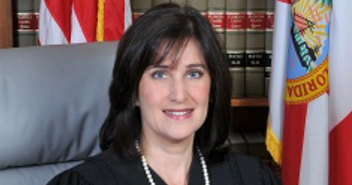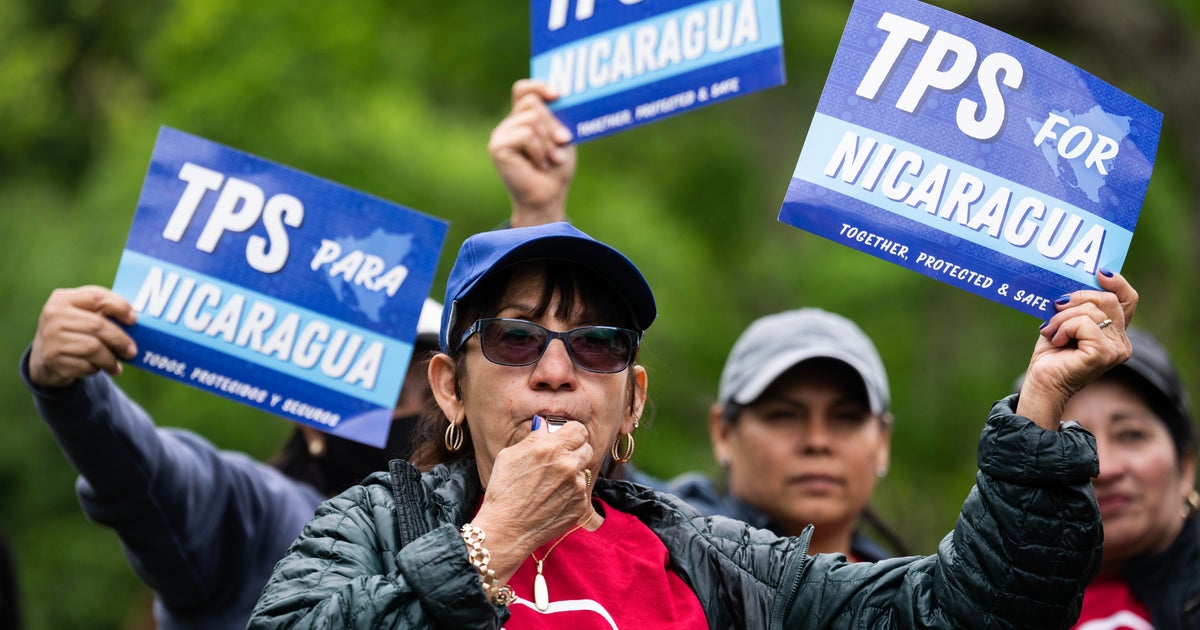More time sought in Florida sports betting fight
TALLAHASSEE - As they wage a two-front fight against the Seminole Tribe offering online sports betting statewide, two pari-mutuel companies are seeking more time to make their case to the U.S. Supreme Court.
Lawyers for West Flagler Associates and Bonita-Fort Myers Corp. on Monday asked Chief Justice John Roberts to extend a deadline for filing a petition and said the U.S. Supreme Court case could be affected by a separate sports-betting challenge filed at the Florida Supreme Court.
The two cases involve different legal issues and different defendants, but the pari-mutuel companies are trying to use at least one of the challenges to block sports betting that was included in a 2021 gambling deal between the state and the tribe.
West Flagler and Bonita-Fort Myers Corp. want the U.S. Supreme Court to take up a case filed against the U.S. Department of the Interior over whether the sports-betting part of the deal violates a federal law known as the Indian Gaming Regulatory Act, or IGRA, because it authorizes gambling off tribal lands.
The Department of the Interior, which oversees Indian gaming, allowed the gambling deal, known as a compact, to move forward. A panel of the U.S. Circuit Court of Appeals for the District of Columbia backed the department in June.
Meanwhile, the companies have filed a case at the Florida Supreme Court contending that allowing the tribe to offer online sports betting statewide violates a 2018 state constitutional amendment that required voter approval of casino gambling.
In the request Monday to Roberts, lawyers for West Flagler and Bonita Fort-Myers Corp. sought to push back a deadline from Dec. 11 to Feb. 9 for filing a petition, at least in part because of the Florida Supreme Court case.
"If the Florida Supreme Court rules in applicant's (the pari-mutuel companies') favor in connection with the state petition, such ruling will impact the scope of applicants' petition for a writ of certiorari (the petition for the U.S. Supreme Court to take up the case)," the request said.
The request also said that "if the Florida Supreme Court denies or fails to rule in applicant's favor, the important statutory and constitutional issues raised by the circuit opinion (the federal appeals court's opinion) would certainly remain."
The U.S. Supreme Court on Oct. 25 rejected a request by the pari-mutuel companies to issue a stay of the appeals-court ruling while they prepared a petition. After that decision, the tribe announced Nov. 1 that it would begin allowing sports betting at its casinos in December. It went further Nov. 7 by saying it would also take online sports bets from a limited group of gamblers.
The Florida Supreme Court on Friday rejected a request by the pari-mutuel companies to "immediately suspend the sports betting provisions" of a law that carried out the gambling deal. That decision, however, did not resolve the underlying legal issues in the state-court case, which names as defendants Gov. Ron DeSantis and legislative leaders.
The deal, signed by Gov. Ron DeSantis and Seminole Tribe of Florida Chairman Marcellus Osceola Jr. and ratified by the Legislature, allowed the Seminoles to add craps and roulette to their Florida casinos and add three casinos on tribal property in Broward County. In exchange, the tribe agreed to pay the state at least $2.5 billion over the first five years and possibly billions of dollars more over the course of the pact.
But the key to the legal battles is part of the deal that allows gamblers to place mobile sports wagers anywhere in the state, with bets handled by computer servers on tribal property. The deal said bets "using a mobile app or other electronic device, shall be deemed to be exclusively conducted by the tribe."
The pari-mutuel companies, who say they will be harmed financially by the tribe being able to offer online sports betting, contend that the deal was structured to get around the 2018 constitutional amendment requiring voter approval of casino gambling - an argument they included in Monday's request to Roberts.
West Flagler holds three jai alai licenses, while Bonita-Fort Myers Corp. does business as Bonita Springs Poker Room in Southwest Florida.




